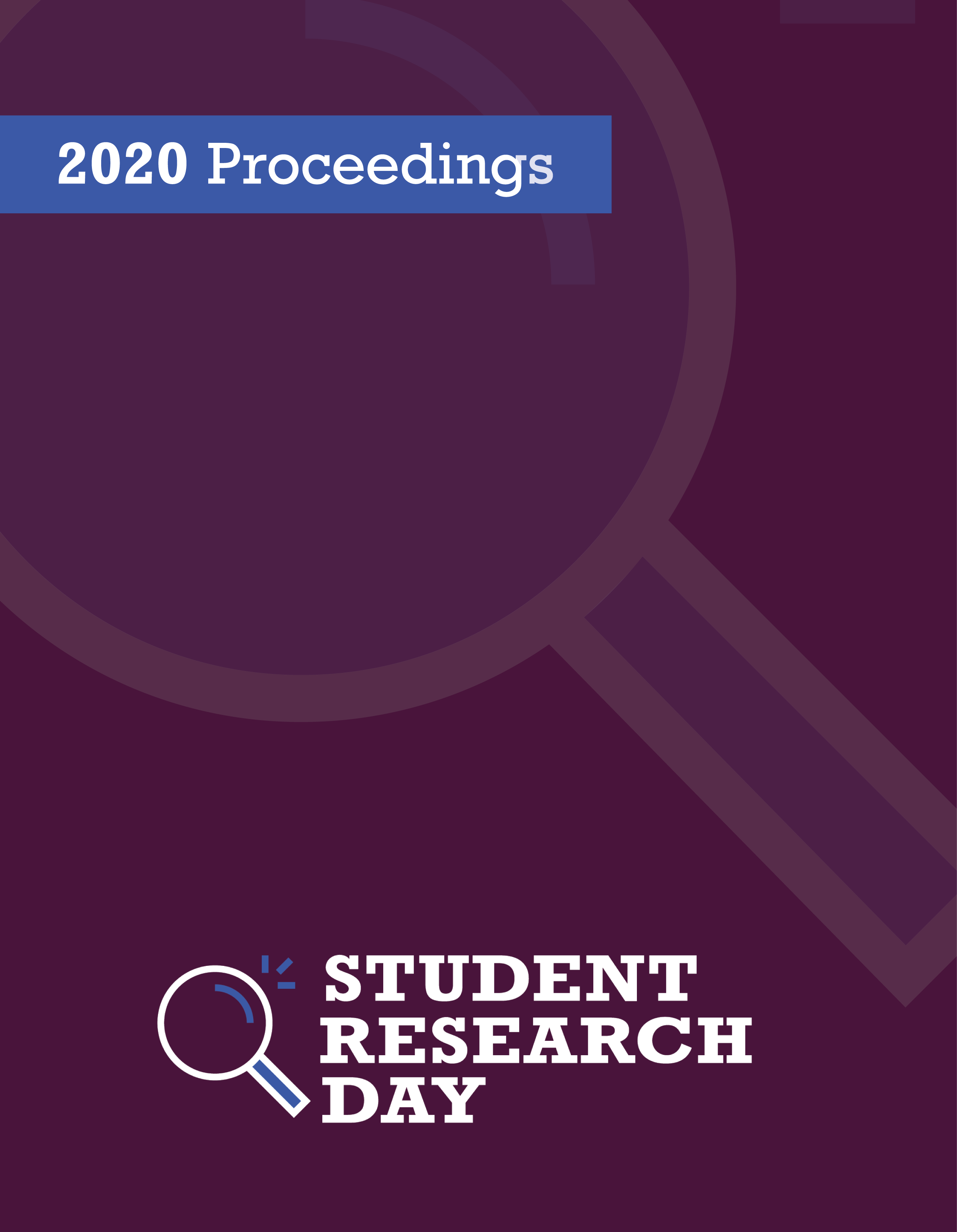The Effects of Racial Identity, Racial Similarity and Typicality of Sexual Encounters on Perceptions of Consent
Abstract
To our knowledge, there has been little or no empirical investigation of whether racial identity and racial similarity of participants influences how consensual an encounter appears to be. This project examines that question, for sexual encounters that script-typical and -atypical.
Bias against interracial couples has been empirically documented in studies suggesting that a reaction resembling disgust is experienced towards images of interracial couples (Skinner & Hudac, 2017). Not only has this bias been documented implicitly but also explicitly through respondents' reports. (Skinner & Rae, 2019). We know that emotions such as disgust can be used to inform decision making, moral judgments and perceptions (Haidt, 2001; Damasio, 1994). In this way, feelings of disgust toward interracial couples could affect judgments about the consensual nature of their sexual encounters. In addition, we examined whether racial identity and similarity influence our consent judgments more when the sexual encounter involves atypical rather than typical acts. Participants were presented with a typical or an atypical sexual encounter in which consent was equivalently portrayed. Before the story, participants were shown pictures of the male and female characters in the encounter. Racial identity (white/black) of both characters was randomized across participants. After reading the encounter, participants responded to items eliciting their perceptions of the consensual nature of the encounter as well as their feelings of disgust towards the characters. We reasoned that the negative affect one experiences toward inter- or other-race couples, here in the form of disgust, might inform participants' judgments about how consensual a sexual encounter is, perhaps especially when the encounter is not typical. Results demonstrated that male or female race as well as typicality of the encounter played no significant role on the perceived consensuality of the encounters. Participants did report higher ratings of disgust in the atypical encounters then the typical encounters. It was also found that male race did have an effect on disgust rating for male and female characters.
Faculty Mentor: Aimee Skye
Department: Psychology
NOTE: This work is available as an abstract only.
References
Published
Issue
Section
License
Authors retain any and all existing copyright to works contributed to these proceedings.



